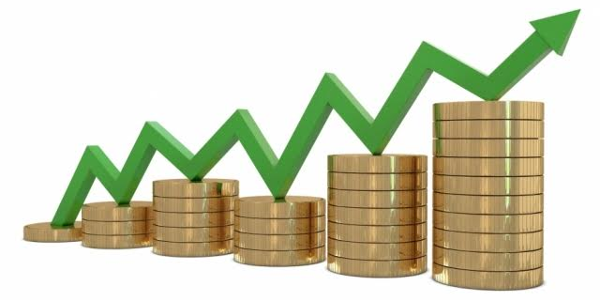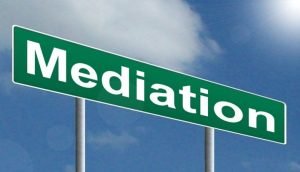Economic growth is usually a prime indicator of various factors within a country. It may reflect improvement in quality of life or living standards, it may also mean more jobs and opportunities for young people. Likewise, this may also mean a lot of negative things within the country. We take a look at some of the pros and cons of economic growth in a country.
Pros:
1. Higher Per Capita Income: Economic growth is an indicator of higher per capita income which means there is more disposable income for citizens which increases the purchasing power of the people.
2. Lower Unemployment: Economic growth means there are lower unemployment standards in the country in which more and more people are employed and are able to afford basic commodities in the market.
3. Reduction of government borrowing: Economic growth means the government will reduce its borrowing which also means the deficit is likely to reduce making more money available in the economy.
4. Encourages investment: Economic growth encourages investment since the purchasing power of the people in the economy has increased. People can be able to afford a lot for very little which means there is more money to be invested.
5. Higher living standards; Economic growth means there are higher living standards in the economy since people have more disposable income and can afford more for much less.
6. Employment effects: Economic growth creates a ripple effect in the employment sector where more and more people get employed and can be able to generate wealth.
7. Higher wages: Economic growth empowers employers to pay their employees more since goods and services are available for much less.
8. Higher profits: For companies and other businesses, economic growth will generate more profits for them since more and more people have money in their pockets and can afford to buy more items for less.
9. Increased productivity: Economic growth means there will be increased productivity among workers because they are able to earn much more and hence feel motivated.
10. Increased health standards: Economic growth means the government services will be improved including health and education which avails affordable healthcare to all and sundry.
Cons:
1. Depletion of non-renewable resources: Economic growth means that more non-renewable resources such as land were depleted to pave way for things such as industries and settlements which end up being detrimental to the environment.
2. Does not guarantee happiness: Economic growth does not always guarantee happiness in the sense that more money in the pocket does not restore lost relationships and so on.
3. Higher interest rates: When the purchasing power of the populace increases due to economic growth, banks, and other lenders tend to inflate the interest rates because the people can afford thus making credit more expensive.
4. Higher inflation: Economic growth may sometimes lead to inflation. When there is more money in the economy and the demand increases, the supply of products has too much demand. If there is an imbalance in that, then this will cause inflation.
5. Inequalities of income and wealth: There is a high likelihood of wealth inequalities in cases of economic growth where the rich become way richer and the poor end up being poorer.
6. Increased consumption may cause shortage: Increased consumption due to increased purchasing power may cause a shortage of products which eventually causes inflation.
7. Huge industrial waste: Economic growth means there are more and more industries that discharge waste into the environment such as rivers and land causing environmental degradation.
8. High likelihood of recession after inflation: In cases where inflation has been caused by increased economic growth, the aftermath would be a recession.
9. Corruption cases may increase: Economic growth may sometimes increase instances of corruption among top government officials because there is more money floating in the economy.
10. Excessive government expenditure: Economic growth may trigger excessive government expenditure where the government goes on a spending spree because the economy has money that can be spent. The risk of this is that the government risks floating too much money in the economy which may also cause inflation.




Hey prosancons Editors,
My name is Martin and I am the CEO & Co-Founder of Cleverism.com — a leading educational website that helps people actually get their dream job (we write super actionable and helpful career guides :-).
I stumbled upon your post on “Pros and Cons of economic growth” and I thought it was very insightful.
Over the last 2 weeks I wrote probably the most actionable and helpful guide on everything people ever wanted to know about economic systems, how economic system works, different types of economic system etc.
A country will have as many needs as we may have in a single month. Government is compelled to strike some of the items off their list and to rearranges others according to their level of significance. Priority items should be identified and the scarce resources should be distributed over the various needs. This is what forms the backbone of an economic system.
In this article we will discuss 4 major types of economic systems and we will look at the dynamics involved in each one of them. Any chance you’d include our actionable guide on “4 types of economic systems” (https://www.cleverism.com/types-of-economic-systems/) in your awesome article (http://prosancons.com/business/pros-cons-economic-growth/)?
Have a lovely day and keep up the good work,
Martin
CEO Cleverism
This is very informative post. Thanks for sharing.